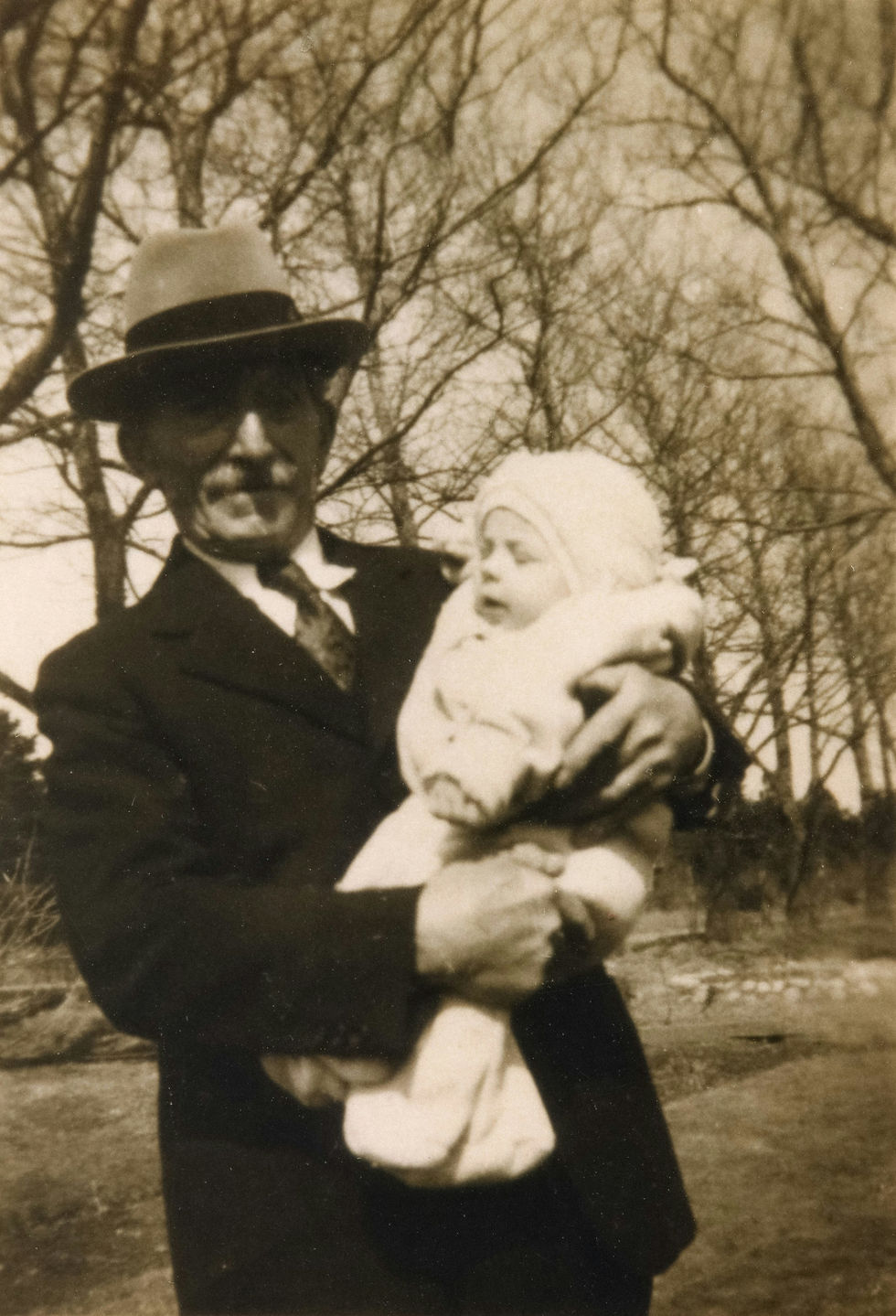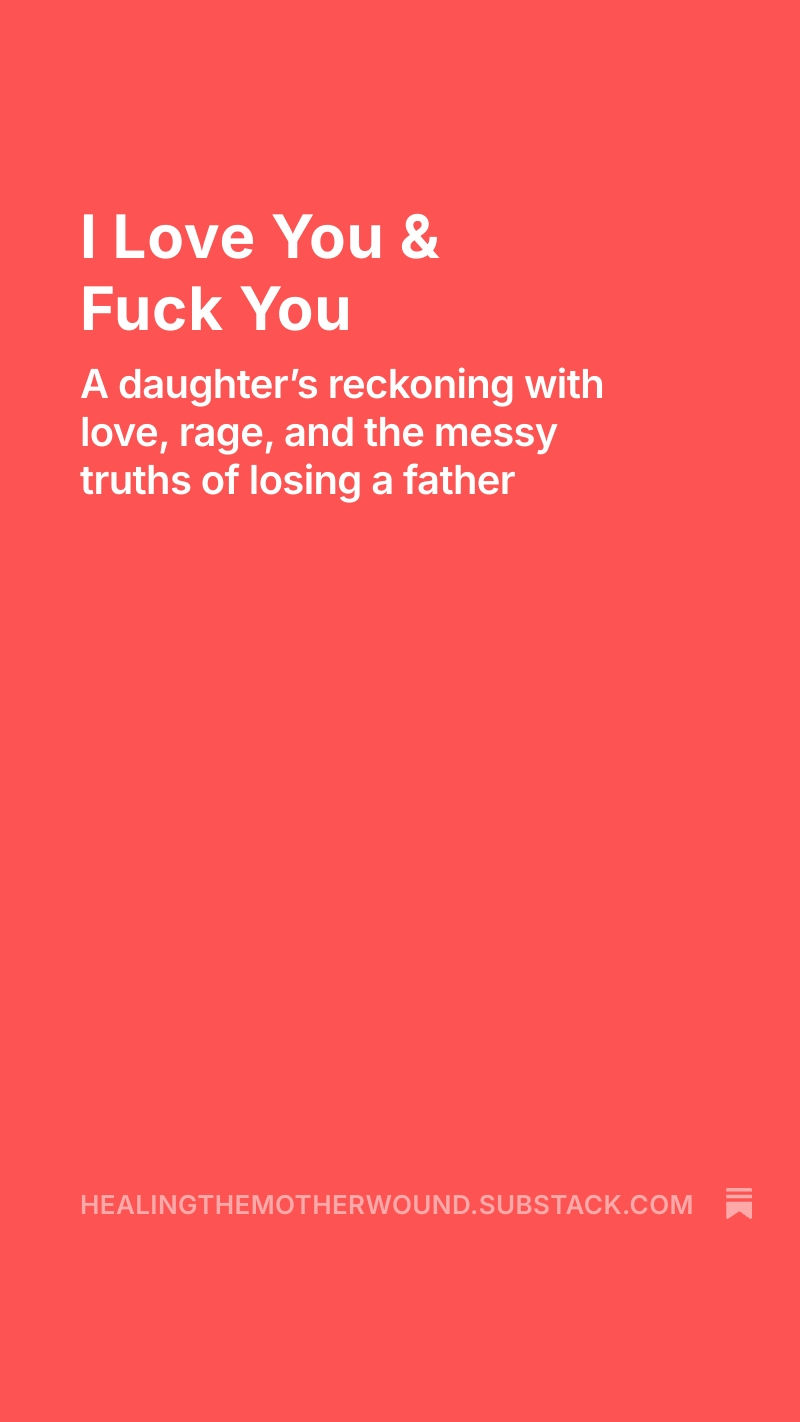The Black Sheep’s Guide to Grieving a Parent
- Sep 20, 2025
- 2 min read
Grief is never a straight path, and it becomes even more tangled when the person you’re mourning left behind both wounds and warmth. For those of us cast as the black sheep in our families, grieving a complicated parent brings a unique kind of reckoning. It forces us to sit with paradox: love and rage, tenderness and disgust, longing and relief.

Grief is never simple, but grieving a complicated parent is its own kind of labyrinth.
When my father passed last week, I was pulled back into the chaos of my family dynamics: my brother’s urgent call, my sister’s rage, and my own lifelong dance with trauma, boundaries, and belonging.
His death cracked open a flood of memories — nights at bars he dragged me to as a child, the sharp sting of his inappropriate comments, the strange humour and charisma that drew people in.
I’ve spent years disentangling myself from these wounds, yet grief unearthed all of it at once: the tenderness, the disgust, the absurdity, the longing.
In the days that followed, I noticed something different. Instead of collapsing into old roles — the fixer, the black sheep, the peacemaker — my healing allowed me to grieve on my own terms. I could hold the paradox of love and rage without being swallowed by either. I could honor what was true for me, not what others expected.
That’s one of the gifts of deep healing: the ability to face loss without abandoning yourself.
Here’s an experience that many undermothered (and underfathered) women will resonate with: love and rage are different sides of the same truth.
The mother wound is so often accompanied by a father wound — and healing one often brings healing to the other.
I’ve written a raw, unfiltered account of this journey on my Substack publication. I'd love for you to read it — click the image below:
Want to learn about my bespoke healing the mother wound practice?
Listen to my privet podcast BirthRite:

Shelly's helping women who've had a complex relationship with their mother and want to unplack the way it impacts their current life challanges so they can thrive in their lives & careers
















Comments